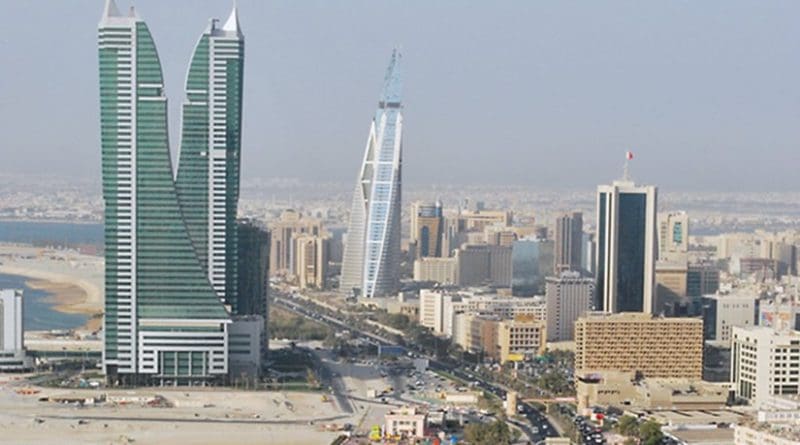Bahrain: Report Confirms Punitive Campaign Against Protesters
The report of the Bahrain Independent Commission of Inquiry released on November 23, 2011, confirms the systematic and egregious rights violations by the Bahraini government in suppressing pro-democracy protests earlier this year, Human Rights Watch said. The report concluded that a lack of accountability by Bahraini authorities led to a “culture of impunity” and systematic violations of international human rights law as well as Bahraini law.
The 489-page report describes systematic patterns and practices of abuse by Bahrain’s security, military, and judicial branches. These abuses included excessive use of force against protesters leading to dozens of deaths and hundreds of injuries, arbitrary arrests and detentions, psychological and physical abuse of detainees that in “many cases” amounted to torture, and a pattern of due process violations and unfair trials. The report also documented the unfair and summary dismissals of thousands of professionals, workers, and students.
“The independent commission’s findings confirm what Human Rights Watch and others have documented since Bahraini authorities opened their punitive campaign of retribution against pro-democracy protesters in March,” said Joe Stork, deputy Middle East director at Human Rights Watch.
King Hamad bin Isa Al Khalifa established the commission by decree in June 2011.
The commission found that arbitrary arrests – in many cases pre-dawn raids conducted by armed and masked security and military forces – showed the “existence of an operational plan” to terrorize protesters and opposition members. It concluded that the arrests and detentions “could not have happened without the knowledge of higher echelons of the command structure” of the security forces, and that failure to investigate rights abuses could implicate not only low-level personnel but also higher level officials.
One of the most troubling findings related to the deliberate practice of abuse and ill-treatment of detainees designed either to extract confessions or to mete out punishment. This practice amounted to torture, which was not sufficiently investigated or prosecuted, the commission said.
The commission called for the government to investigate the complaints of torture and other abuses and for accountability for those who “committed unlawful or negligent acts” that have resulted in the “deaths, torture and mistreatment of civilians.” It also called for the review in ordinary courts of sentences handed down by the special military courts where “principles of a fair trial” were denied.
The commission also found evidence that demonstrators carried out attacks on expatriates, “especially South Asian workers,” during the protests in February and March, and that some Sunni Bahrainis were targeted because they had expressed loyalty to the ruling Al Khalifa family or because of their sectarian affiliation.
The investigation was led by M. Cherif Bassiouni, an Egyptian jurist who previously led investigations into alleged war crimes in Libya and the former Yugoslavia. The other members of the commission were: Sir Nigel Rodley, the former UN special rapporteur on torture; Philippe Kirsch, the first president of the International Criminal Court; Badria Al Awadhi, an expert in international and Sharia law; and Mahnoush H. Arsanjani, who served many years in the legal office of the United Nations.

